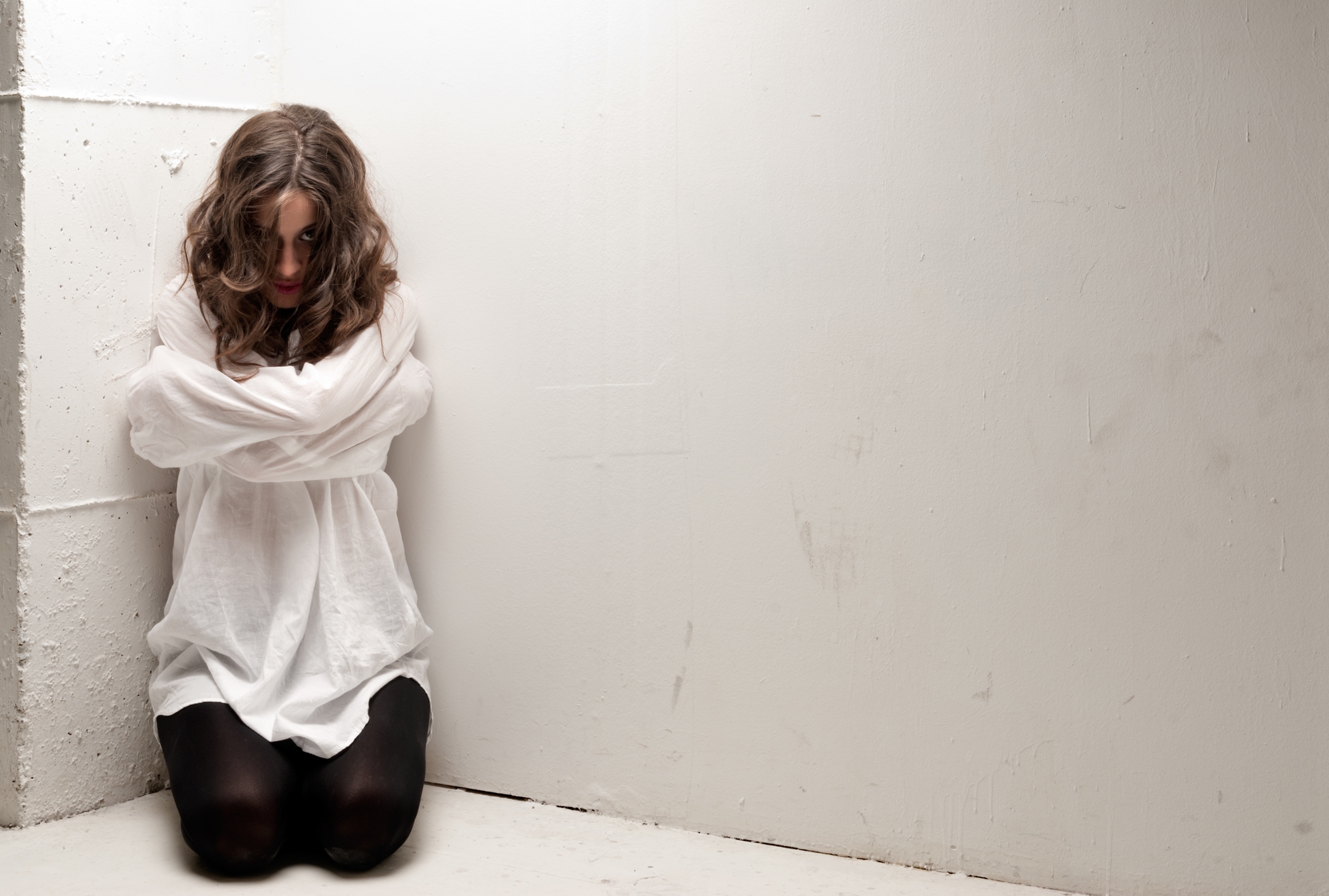The kind of household the child lives in, its socioeconomic status and the relationships within it can have profound effects on the psychosocial development in the middle childhood (6-12 yo) where children develop a stronger sense of responsibility, contributing to the family and society.
The Developing Self: As per the Neo-Piagetian view, judgements about the self becomemore realistic, balanced, comprehensive and consciously expressed in middle childhood as children reach the 3rd stage of self-concept development. They now have the cognitive ability to form a representational system, which is a more broad, inclusive self-concept that integrates different aspects of the self. The various aspects of the developing-self include:
– Self-esteem – A global evaluation of the self, it is also referred to as self-image or self-worth. High self-esteem denotes signs of wellbeing in a child. Self-esteem in a child could not only attribute to a healthy view of him/herself but also an arrogant, grandiose or unwanted superiority over others. In the same manner low self-esteem can either reflect accurate perception of one’s shortcomings or a distorted view or even pathological view of oneself. Happy Ho organizes best Meditation and Tarot classes in Noida and Delhi NCR area in India.
– Self-regulation – One of the most important aspects of the self in middle childhood, self-regulation is practiced by deliberate efforts to manage one’s behaviour, emotions and thoughts leading to social competence and achievement. A study conducted showed that children from lower-income backgrounds who had higher levels of self-regulation and scored better grades than their friends who had lower level of self-regulation. The increased level of self-regulation is linked to the development of the brain’s prefrontal cortex which is used for focus and self-regulation.
– Emotional Growth – Preschoolers are usually skilled at talking about their own as well as other’s emotions. They are able to manage them to meet social standards. The emotional developmental changes during middle childhood are as follows:
– Improved emotional understanding.
– Increased cognizance that more than one emotion can be experienced in a situation.
– Increased tendency to be aware of the events leading to emotional reactions.
– Ability to suppress or conceal negative emotional reactions.
– The use of self-strategies for redirecting feelings.
– A capacity for genuine empathy.
– Coping with Stress – Compared to younger children, older children are better at developing better coping strategies for dealing with stress. They achieve this by intentionally shifting their thoughts to something less stressful or by reframing their perception of stress.
Researchers have offered some rules to follow while caring for children who have been victims of stressful situations:
– Reassure children of their safety and security.
– Allow children to retell the events and be patient enough to listen to them.
– Encourage children to talk about any confusing feelings, reassuring them that such feelings are normal after a stressful event.
– Protect them from re-exposure to frightening situations and reminders of the trauma. For
e.g.: by limiting discussion of the event in front of the children.
Family: As children move into middle childhood, parents spend lesser time with them, particularly with activities such as reading, caregiving, instructions and playing. In a recent study of parents of children aged 6 to 12, the following conclusion was made about their position: “Parents serve as gatekeepers and provide scaffolding as children assume more responsibility for themselves and regulate their own lives.”
Elementary school children tend to receive lesser physical discipline than they did when they were preschoolers. Parents are more likely to use the ‘taking away of privileges’ method; inducing guilt; and asserting that children are responsible for their actions. Some control is gradually transferred from parent to child, giving rise to co-regulation whereby power is shared by both parents and children. The parents oversee the child’s activities and in-turn the child practices self-regulation.
Shift to co-regulation affects how parents handle discipline. Experts advise using inductive and creative techniques involving reasoning; adding a sense of humour to comments and observations; teaching moral values; discussing the consequences of actions and using appreciation in their interaction with children.





